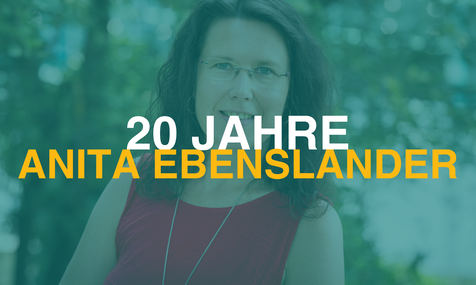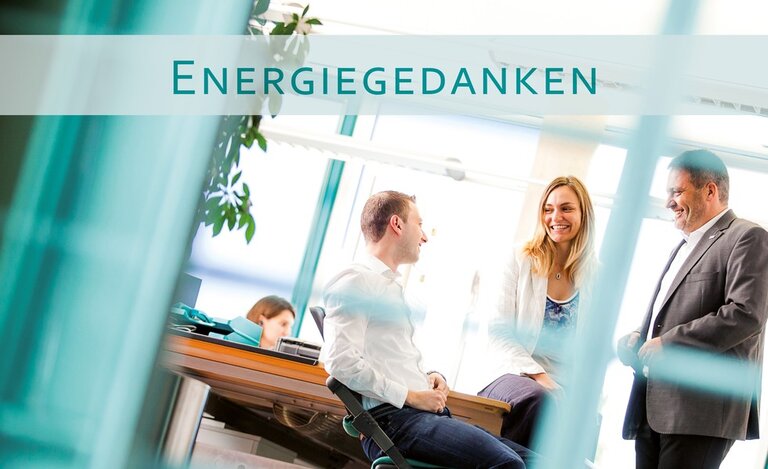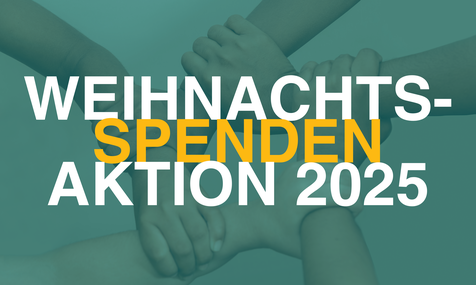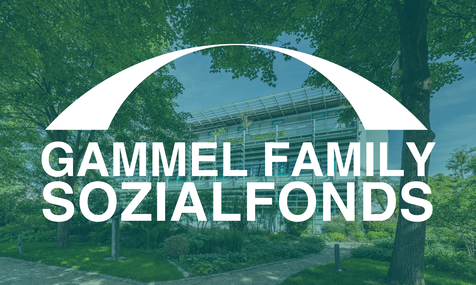In search of a rationale: Is the return of nuclear power coming?
In addition: After all, the Bavarian Greens have not ruled out governing the white-blue Free State together with that very CSU from the fall. This may also be why nothing was heard from this political side of the state parliament about Al-Wazir's criticism of the CSU, at least publicly. Because it was fierce. Because it was already clear today that the high-voltage direct current (HVDC) Südlink line would not be ready in 2022, the Christian Socialists would soon "stand up and declare: So that the lights don't go out in the BMW and Siemens factories, we have to keep the nuclear power plants running for longer," several newspapers quoted the Green as saying. Al-Wazir's follow-up sentence "that can't be" is almost lost in the shuffle.
But not just the southern link: For the second HVDC line at the top of the federal grid plan, Südostlink, it also looks as if implementation will not work out by the end of nuclear power in 2022. That is, if the lines are built at all. This is because opponents of the routes are at work everywhere, not only with banners, but also with arguments, expert opinions and objections to stop the plans. No grid expansion acceleration law NABEG or an officially existing "Citizens' Dialogue on the Electricity Grid" will help against this. Especially as it usually only responds to specific questions from the public with standard phrases.
There is (no longer) any sign of the politically desired expansion of decentralized power generation through photovoltaics and wind power in Bavaria, combined heat, power and cooling, as well as large biogas or "power-to-gas" storage systems to bridge weather lulls. Instead, leading politicians - whether CDU, CSU, SPD or even the Bavarian Greens - insist on large-scale wind projects in the North and Baltic Seas financed by corporations. Their expensive electricity is to be routed south through new power lines, which will make the whole thing even more expensive. The fact that the coal-fired power plants in eastern Germany will also fill these grids is being deliberately overlooked.
So must the lack of transmission lines from north to south be used to ensure that historical fantasies of expanding nuclear power can be happily realized? One could get the impression that the "energy transition" proclaimed by Chancellor Angela Merkel in 2011 after the Fukushima disaster, which was actually just a shutdown program for German nuclear power plants, was deliberately boycotted. In the last GroKo, a pseudo-Green State Secretary for Energy called Rainer Baake did a good job. He recently fled the government.
Can a few backbenchers from the CDU/CSU parliamentary group now lead the counter-revolutionary counter-energy transition to "success"? After all, it was precisely this political party that repeatedly railed against decentralized, natural power generation at the main points of consumption during the last GroKo period. Although it could be set up more quickly and more cost-effectively overall - in industrial estates, forests or on roofs. A new study by the Fraunhofer Institute proved this once again just a few days ago.
But obviously the eternally strict politicians are still in charge - and they can't or don't want to accept such facts. But how do we get a breath of fresh air and a clear future direction in politics? Many decision-makers in the economy and the people in our country are already further ahead. According to Statista (
https://de.statista.com/statistik/daten/studie/196207/umfrage/meinung-zum-gebrauch-von-atomenergie-in-deutschland/), 76% of those surveyed in 2018 were "somewhat" to "completely against" the use of nuclear energy - and only 5% were "completely in favor". The energy transition is unstoppable, it is coming for sure - the forward-thinking population is the driver.
Link to the Fraunhofer study on decentralization:
www.ise.fraunhofer.de/content/dam/ise/de/documents/publications/studies/DE2018_ISE_Studie_Stromgestehungskosten_Erneuerbare_Energien.pdf
(Author: Zukunftsenergie-Team Gammel)



